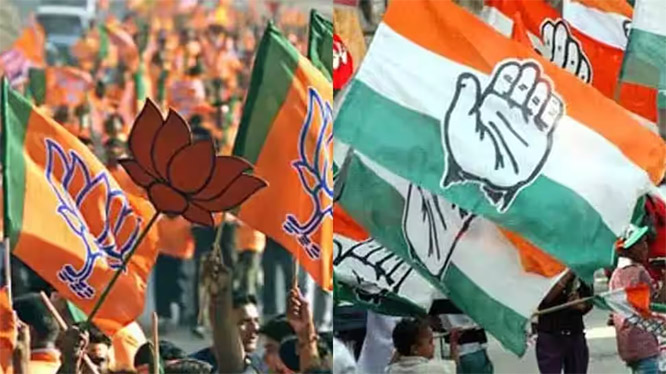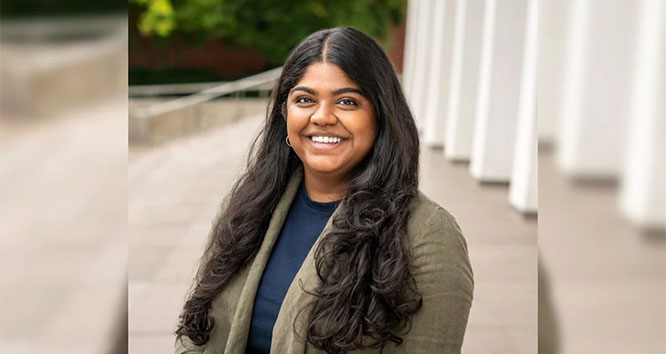
Sleeping for less than five hours in mid-to-late life is associated with the risk of developing at least two chronic diseases, a UK study has found.
Researchers from the University College London (UCL) in the UK found that people who reported getting five hours of sleep or less at age 50 were 20 per cent more likely to be diagnosed with a chronic disease.
They were also 40 per cent more likely to be diagnosed with two or more chronic diseases over a follow-up period of 25 years, compared to those who slept for up to seven hours.
The study, published in the journal PLOS Medicine, also found that sleeping for five hours or less at the age of 50, 60, and 70 was linked to a 30 per cent to 40 per cent increased risk of multimorbidity, or being diagnosed with two or more chronic diseases, when compared with those who slept for up to seven hours.
"Multimorbidity is on the rise in high income countries and more than half of older adults now have at least two chronic diseases," said study lead author, Severine Sabia.
"This is proving to be a major challenge for public health, as multimorbidity is associated with high healthcare service use, hospitalisations and disability," Sabia said.
The researchers also found that sleep duration of five hours or less at age 50 was associated with 25 per cent increased risk of mortality over the follow-up period.
This can mainly be explained by the fact that short sleep duration increases the risk of chronic diseases that in turn increase the risk of death, they said.
"As people get older, their sleep habits and sleep structure change. However, it is recommended to sleep for 7 to 8 hours a night - as sleep durations above or below this have previously been associated with individual chronic diseases," said Sabia.
The researchers examined the relationship between how long each participant slept for, mortality and whether they were multimorbid – such as with heart disease, cancer or diabetes – over the course of 25 years.
The study analysed the impact of sleep duration on the health of more than 7,000 men and women at the ages of 50, 60 and 70, from the Whitehall II cohort study, which was conducted from 1985 to 1988 and examined the health of 10,308 civil servants aged 35 to 55, of whom two thirds were men and one third women.
"Our findings show that short sleep duration is also associated with multimorbidity. To ensure a better night's sleep, it is important to promote good sleep hygiene, such as making sure the bedroom is quiet, dark and a comfortable temperature before sleeping.
"It is also advised to remove electronic devices and avoid large meals before bedtime. Physical activity and exposure to light during the day might also promote good sleep," said Sabia.
As part of the study, researchers also assessed whether sleeping for a long duration, of nine hours or more, affected health outcomes. There was no clear association between long sleep durations at age 50 and multimorbidity in healthy people.
However, if a participant had already been diagnosed with a chronic condition, then long sleep duration was associated with around a 35 per cent increased risk of developing another illness.
Researchers believe this could be due to underlying health conditions impacting sleep.
The researchers noted that because the data used for the study was self-reported by the participants, it was likely to be subject to reporting bias, even though the findings were confirmed through electronic measurements of the sleep of 4,000 participants.
The research only involved members of the civil service, who were all employed when recruited to the study and likely to be healthier than the general population, they added.







Comments
Add new comment